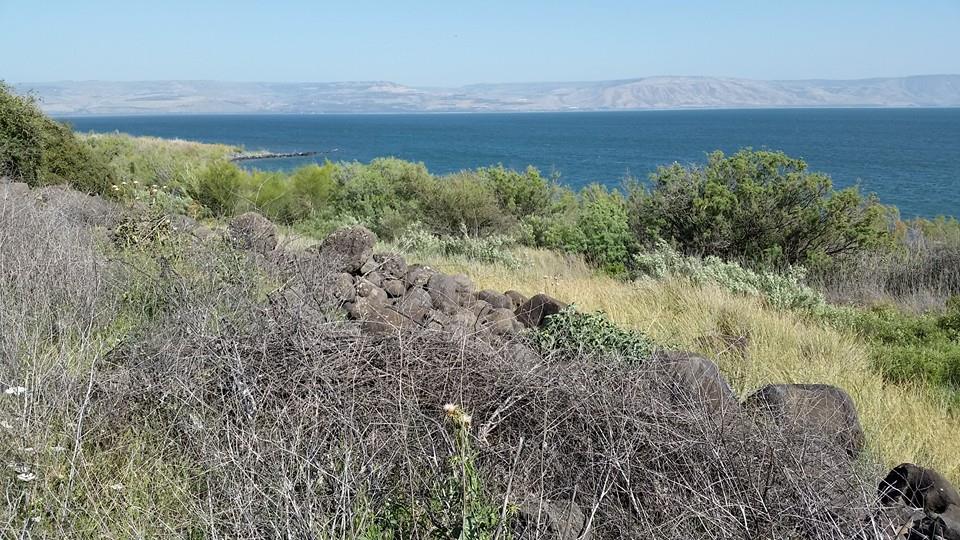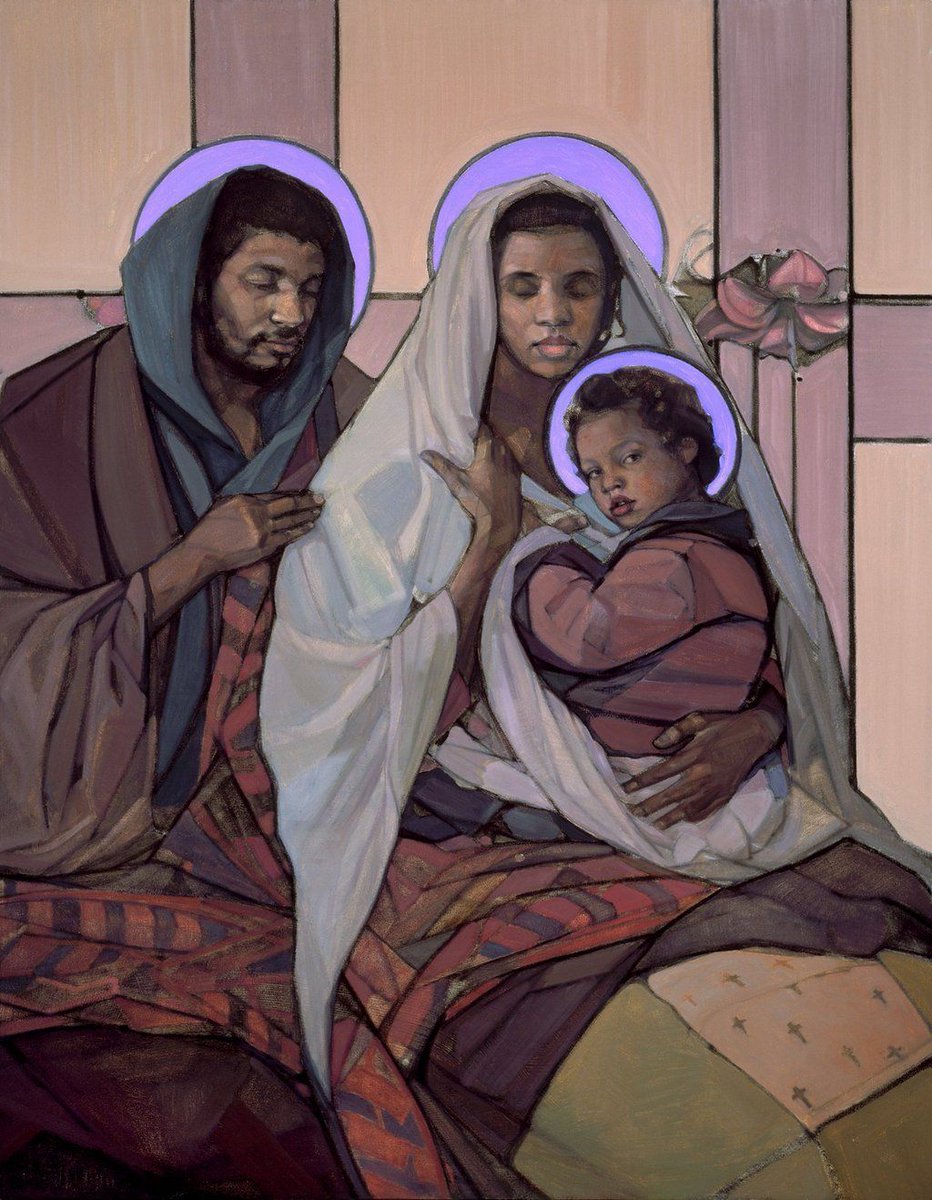
Dear friends: I'm delighted to share the news about "Outreach 2021: LGBTQ Catholic Ministry Webinar," on Sat., June 26, with a great lineup of sessions designed for those engaged in ministry among #LGBTQ Catholics and those involved in LGBTQ ministry in Catholic institutions.... 

As you may remember, last year we had planned "Outreach 2020," an LGBTQ Catholic Ministry Conference sponsored by Fordham University's Center on Religion and Culture @CRCfordham...
Even though Covid forced us to postpone, we offered a series of videos from a variety of speakers, released that week... youtube.com/playlist...
We still feel that an in-person conference this June wouldn't be a good idea, and are aiming for next year.
Instead, this year we're offering a one-day series of webinars on a variety of topics, with great speakers, along with time for prayer and reflection....
Instead, this year we're offering a one-day series of webinars on a variety of topics, with great speakers, along with time for prayer and reflection....
There will also be plenty of time for discussion among participants.
Our goal is to share best practices, build community and pray together.
Here are our planned sessions:
"Fifty Years of LGBTQ Catholic Ministry"
Sister Jeannine Gramick, SL
Co-founder of @NewWaysMinistry
Our goal is to share best practices, build community and pray together.
Here are our planned sessions:
"Fifty Years of LGBTQ Catholic Ministry"
Sister Jeannine Gramick, SL
Co-founder of @NewWaysMinistry
"LGBTQ Ministry in Catholic High Schools and Colleges"
Sivagami (Shiva) Subbaraman, Emeritus Executive Director, LGBTQ Resource Center, @Georgetown Univ.
Ish Ruiz,
Instructor of Religious Studies
Sacred Heart Cathedral Preparatory School, San Francisco.
Sivagami (Shiva) Subbaraman, Emeritus Executive Director, LGBTQ Resource Center, @Georgetown Univ.
Ish Ruiz,
Instructor of Religious Studies
Sacred Heart Cathedral Preparatory School, San Francisco.
"Intersectionality and LGBTQ Catholic Ministry"
Fr. Bryan Massingale
Professor of Theological and Social Ethics
Fordham University @FordhamNYC
Fr. Bryan Massingale
Professor of Theological and Social Ethics
Fordham University @FordhamNYC
"Ministering to Families with LGBTQ Members"
JR Zerkowski
Executive Director of Fortunate Families
Kathy Farrell
Founder of Fortunate and Faithful Families, Atlanta.
Stay tuned for more information on how to sign up and participate. But in the meantime, save the date!
JR Zerkowski
Executive Director of Fortunate Families
Kathy Farrell
Founder of Fortunate and Faithful Families, Atlanta.
Stay tuned for more information on how to sign up and participate. But in the meantime, save the date!
• • •
Missing some Tweet in this thread? You can try to
force a refresh












